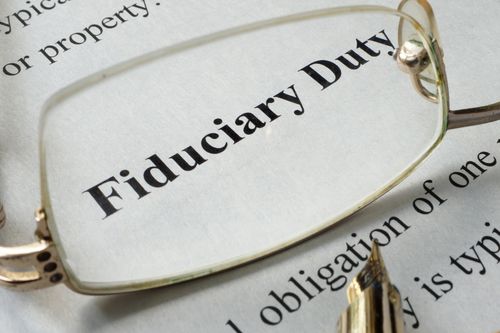Written for Bolton by Anirban Basu, Sage Policy Group
It is often said that good things come to those who wait. In other words, people who are less impulsive tend to fare better; their patience translates into higher levels of savings, investment, and accumulated wealth.
But sometimes, we must wait lengthy periods for bad things to happen. Such is the case with the recession that many economists have been predicting for more than a year.
When excess inflation emerged during the spring of 2021, many economists began to suggest that at some point, the economy would shift from rapid recovery to a period of contraction. The notion was that the transitional period would be a lengthy one. As vaccinations proceeded and Covid-19 faded into an unpleasant memory, the economy would race ahead for some extended period, resulting in plentiful job creation and rapid expansion of the gross domestic product. But attendant inflationary pressures would eventually translate into significant increases in interest rates, producing the next downturn.
Subsequent events reinforced the convictions of recession-predicting economists. On February 24th, 2022, Russia invaded Ukraine as part of an exercise in gross miscalculation. Natural gas, oil, wheat, fertilizer, and other commodity prices surged in response, adding to already elevated inflationary forces and hammering household balance sheets around the world. On 2022’s initial trading day, crude oil prices in North America stood at $76/barrel. By early March of last year, the price of a barrel of oil stood around $120.
Then, on March 16th, 2022, the Federal Reserve began raising interest rates at the fastest pace in more than four decades. The upper limit on the Federal Funds rate rose from 0.25% on the morning of March 16th of last year to 5.25% by the afternoon of May 3rd of this year. Given stubbornly high inflation, will policymakers see fit to raise the benchmark interest rate yet again?
As it turns out, America’s central bank is between a rock and a hard place. On the one hand, they claim to be data-driven. With inflation remaining well above the 2% target, the implication is that interest rates will remain higher for longer even if there are no additional rate increases. On the other hand, there has been growing cause for concern regarding the health of the banking system. Among the banks that have found their way into difficulty recently are Silvergate, Silicon Valley, First Republic, Credit Suisse, Deutsche Bank, PacWest, and Western Alliance. With banks increasingly under scrutiny, the expectation is that not only will credit remain expensive but also increasingly difficult to access.
Looking Ahead
A recession within the next 12 months remains likely. A prominent forecasting model puts the risk of recession between now and the end of April 2024 at 67%. A combination of lag effects associated with prior Federal Reserve rate increases, tightening credit conditions, including for several beleaguered commercial real estate segments, and an increasingly nervous and indebted consumer base will conspire to induce a period of especially weak economic performance at some point over the next year. Or at least that is the expectation. It should be noted that many analysts expected the economy, presently characterized by a 3.4% unemployment rate (April 2023), to have already entered a recession. And so the wait continues.




